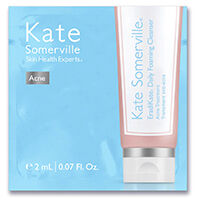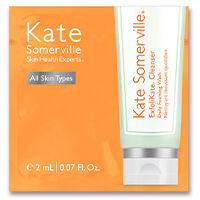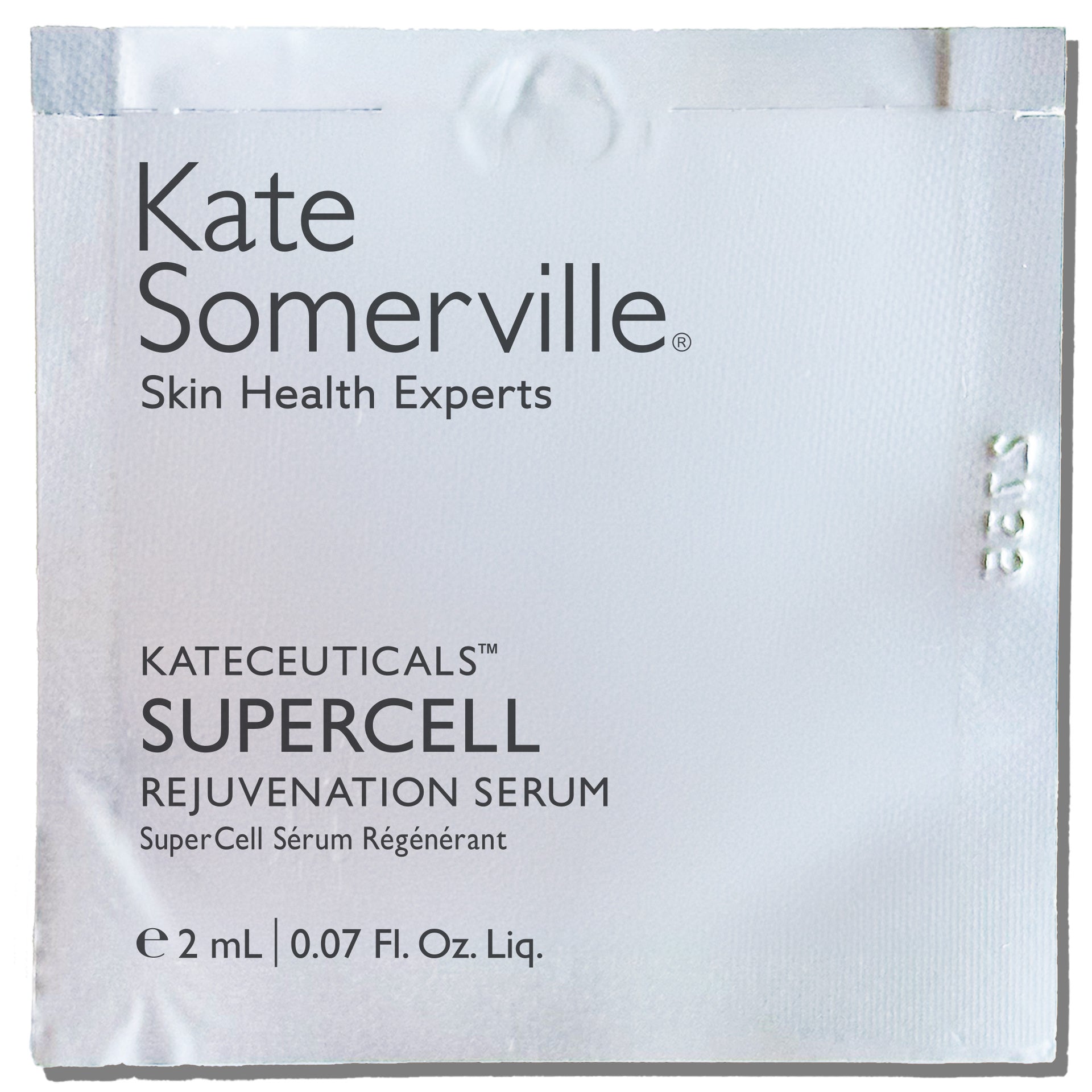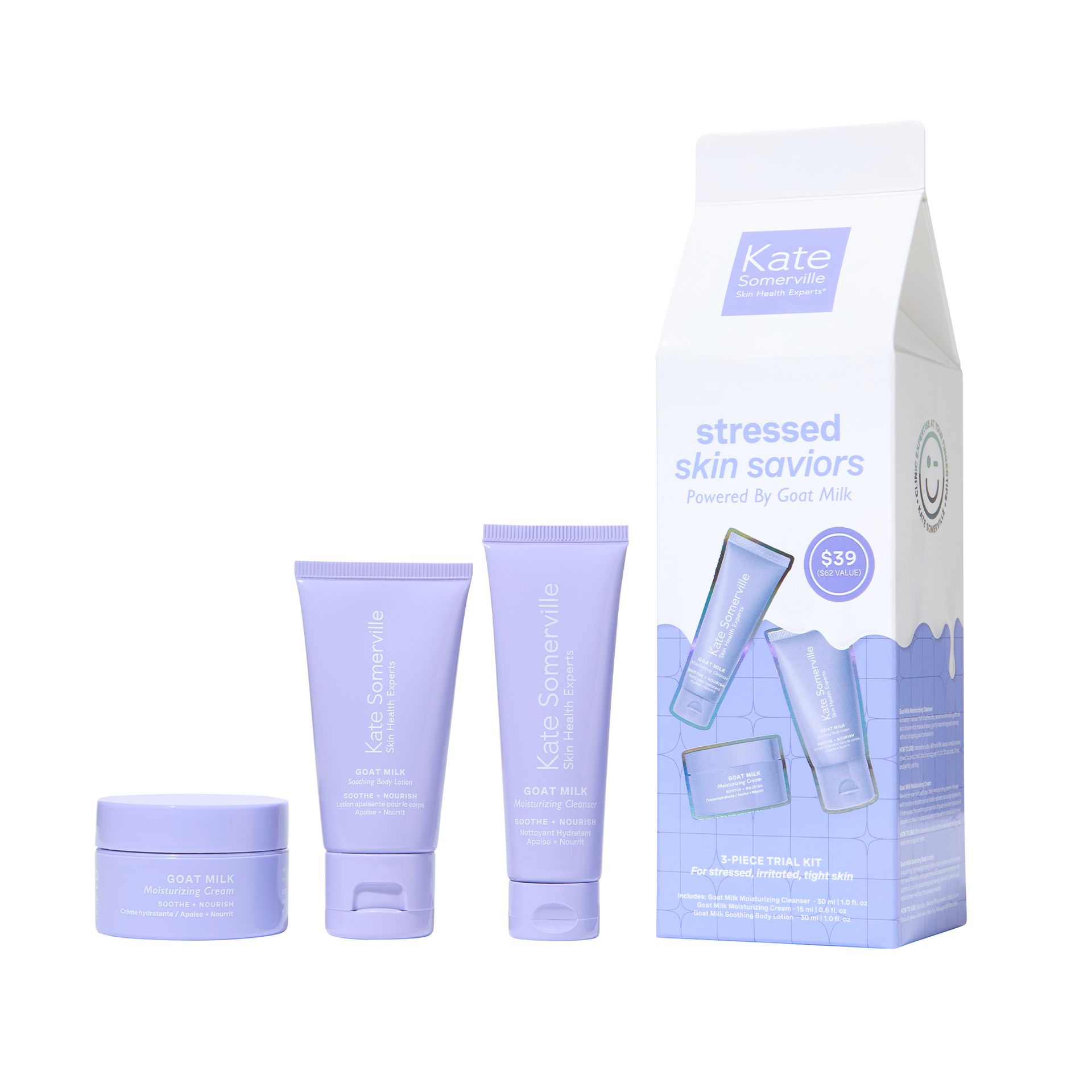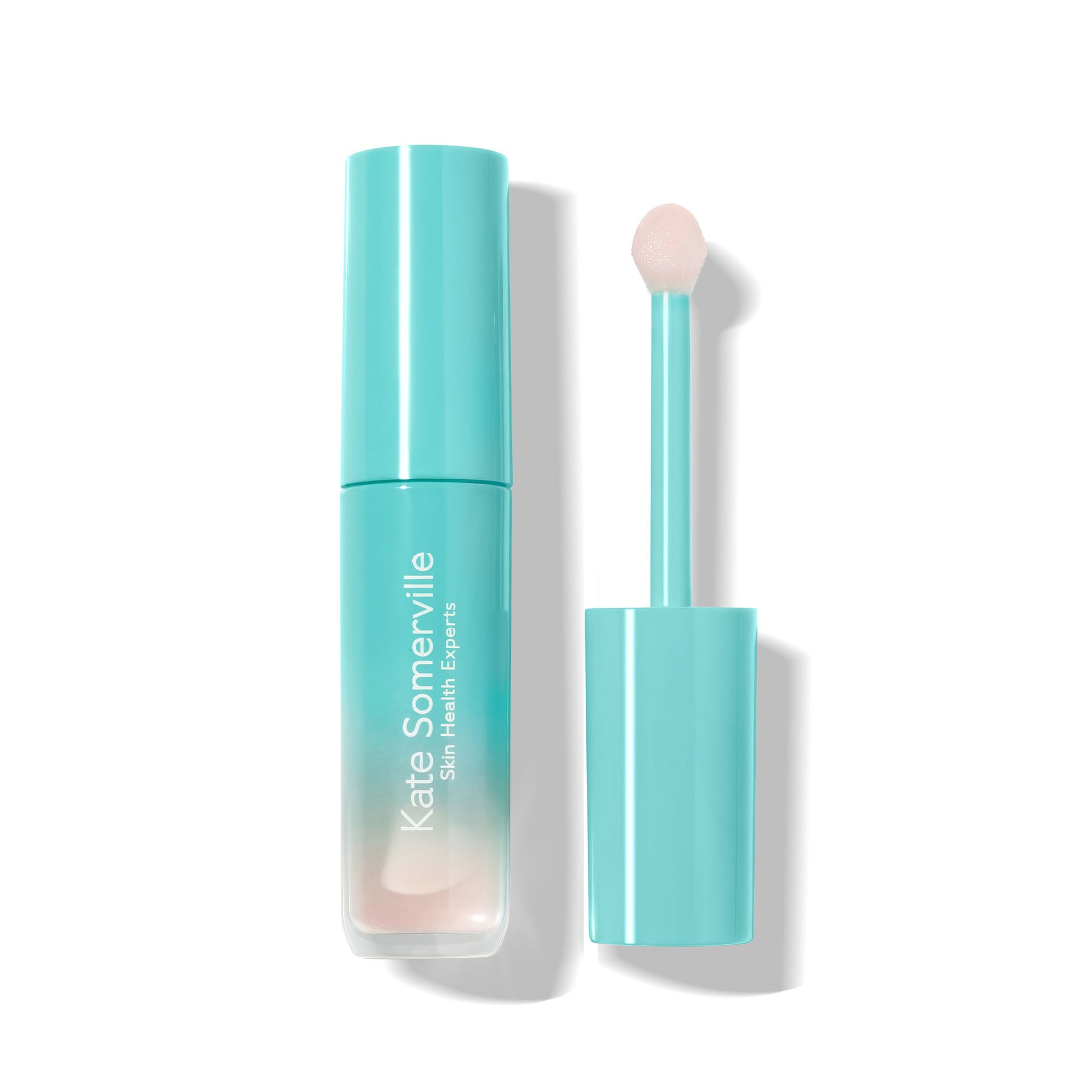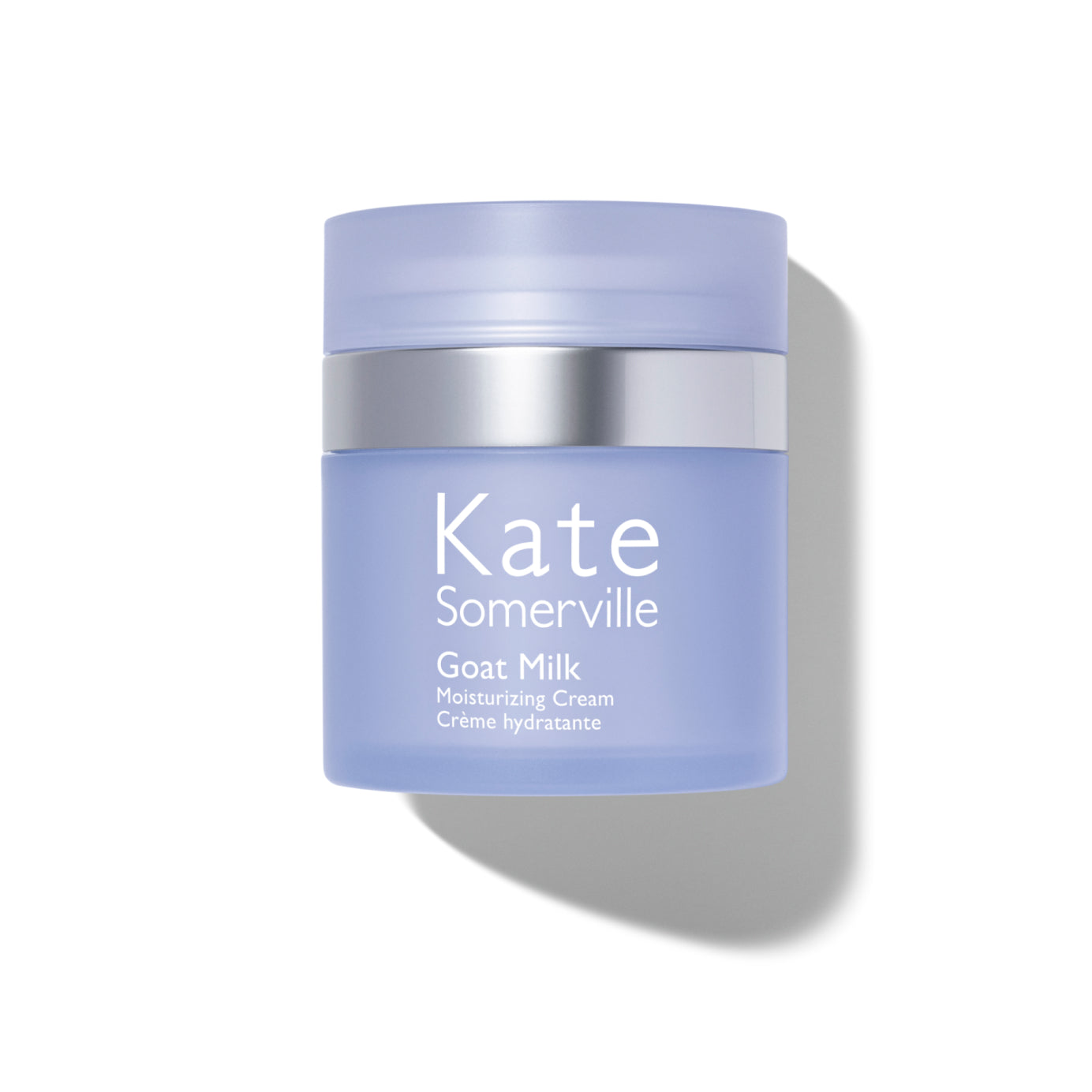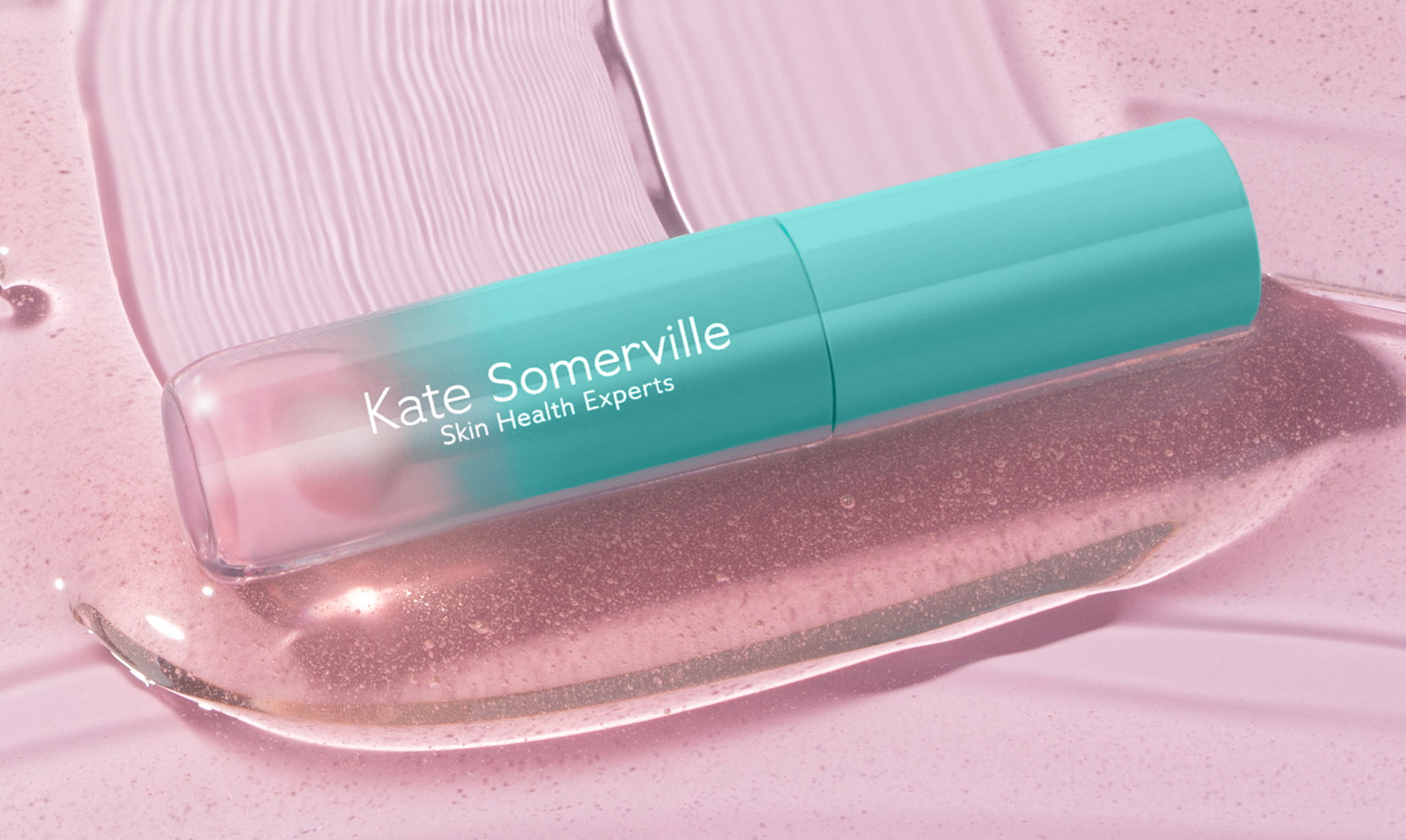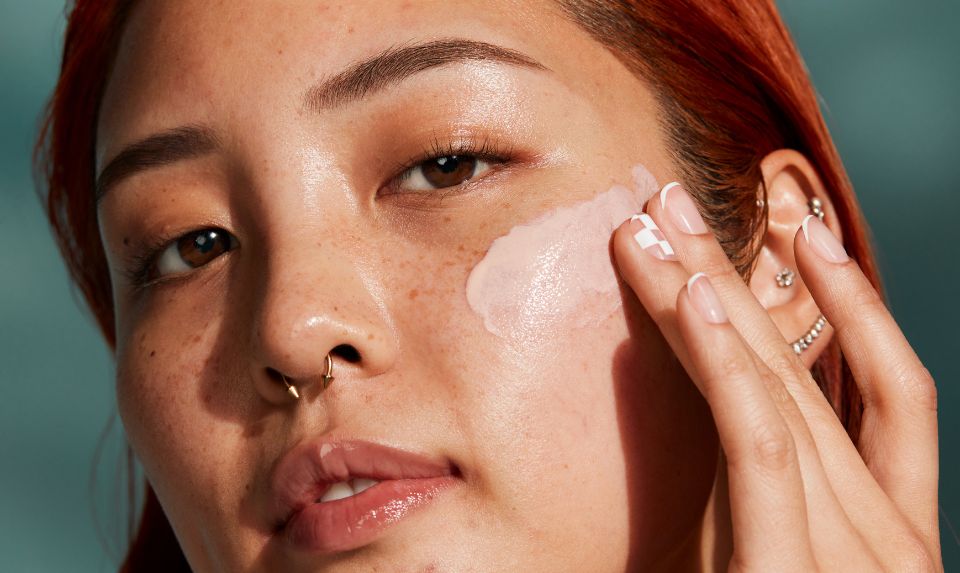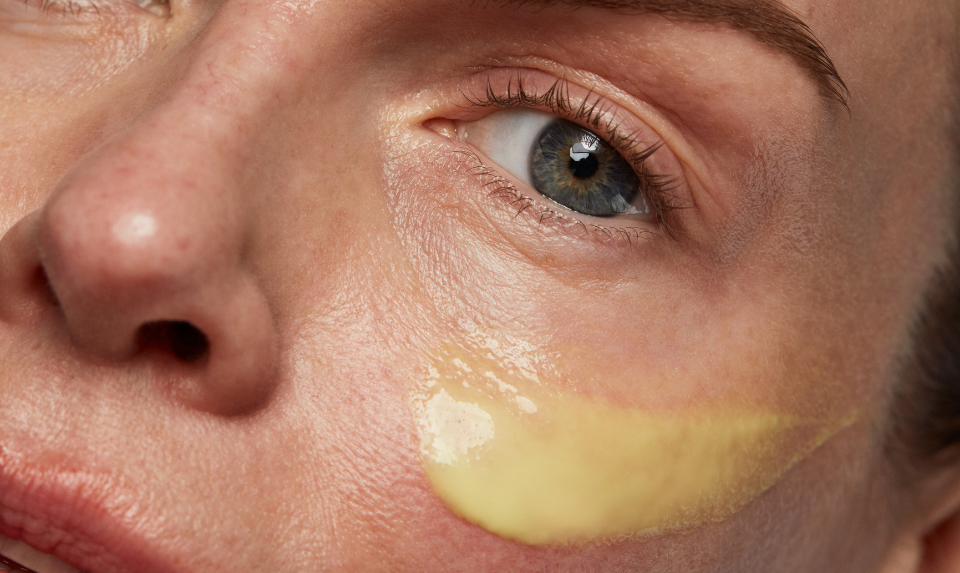Eczema vs Dermatitis: What’s the Difference?
Finding the perfect skin care products and a skin care clinic can feel like discovering the holy grail when you have sensitive skin. But before you can get there, it can help to understand what conditions are affecting your skin—and whether eczema or dermatitis could be causing flare-ups of red, itchy patches of skin.
So, how do you know if you’re dealing with eczema vs dermatitis?
To keep it short and sweet, dermatitis refers to a group of skin conditions characterized by itchiness, rashes, and dryness, among other symptoms.[1] Eczema, also known as atopic dermatitis, is one of those skin conditions and can be a chronic condition.[2]
While these two scaly skin terms are sometimes used interchangeably, a deeper understanding of your irritated skin’s specific needs can set you on the path to healing. Our Skin Health Experts are here to show you the way.
Dermatitis is General; Eczema is Specific
You know how a croissant is a delicious, buttery, flaky form of pastry—but not all pastries are croissants? In the same way, eczema is a type of dermatitis, but not all dermatitis is eczema.
To help you fully understand the difference, we’ll explain what eczema is and then explore the other common types of dermatitis below.
Eczema, AKA Atopic Dermatitis
Dermatitis is a catch-all term for inflamed and irritated skin. Eczema is a specific type, sometimes called “atopic dermatitis.”[3] Eczema is thought to be linked to an overactive immune system and can develop at any age, but it commonly first appears in childhood.
If you’re suffering from severe eczema specifically, you might have the following skin symptoms:[4]
- Itchy, red skin
- Rashes, usually on the elbows, knees, or other joints
- Dry, scaly skin patches
- Clear fluid that oozes from patchy areas
We don’t yet know what exactly causes or sets off eczema in individuals. Still, some research suggests that you can have a genetic predisposition for severe eczema or have it triggered by environmental factors such as allergies.[5]
You can find this skin condition anywhere on the body, like eczema on the face[1] , legs, arms, and more. Because eczema can be a chronic or long-lasting condition, finding the right treatments to manage your symptoms and avoiding triggers can be incredibly helpful in managing and preventing flare-ups.
Other Types of Dermatitis
If the above symptoms don’t sound quite right, you could be experiencing another type of dermatitis that isn’t eczema. Dermatitis can be used to describe any sort of general skin inflammation—but some of the other kinds aren’t as long-lasting, have different symptoms, and may have different underlying causes.[6]
Some of the other types of dermatitis include:
- Allergic contact dermatitis – This type of dermatitis usually appears when you come into contact with something that irritates and inflames your skin, such as a food allergy or poison ivy.[7] When you have contact dermatitis, you may see a rash or blisters, and the affected areas of your dry skin might itch or burn.
- Seborrheic dermatitis – If you’ve been noticing flaky or scaly patches of skin in areas where you have a lot of hair, such as on your scalp, they could be symptoms of seborrheic dermatitis.[8] Seborrheic dermatitis occurs due to inflammation from Malassezia yeast and causes you to develop scaly, flaky patches of skin or rashes in oily areas.
- Stasis dermatitis – If your skin condition is confined mainly to your legs or lower body, you may be experiencing stasis dermatitis.[9] This type of dermatitis usually comes from poor circulation or decreased blood flow to your lower body. It can cause soreness in the legs, itchy rashes or lesions, potential discoloration, and nighttime swelling in the ankles.
What to do if You Have Eczema or Dermatitis
Once you’ve identified your skin condition, taking the proper steps to treat it can lead you toward relief. But those steps may be different depending on whether you have eczema or another type of dermatitis, meaning you’ll need to adjust your expectations and treatment accordingly.
An excellent first step is to seek advice from a doctor, dermatologist, or Skin Health Expert. These healthcare professionals can help you confirm what issue you’re experiencing and make a plan to manage or treat it.
If you have eczema, your treatment plan may focus on long-term solutions, such as:
- Managing your chronic symptoms
- Learning what triggers your eczema flare-ups
- Finding treatments to help control flare-ups and bring you relief
- Working with a doctor, dermatologist, or skin care specialist to manage your eczema
On the other hand, some types of dermatitis may have shorter-term solutions. If you experience another form of dermatitis, you may want to:
- Determine what caused your reaction and stop using it if possible
- Visit a doctor or dermatologist for something to treat and eliminate your symptoms
- Find out if your dermatitis may be caused by an underlying issue
Give Your Skin Relief with Kate Somerville
Knowing the differences between eczema and dermatitis is essential to managing your condition and preventing potential skin irritation flare-ups, just like knowing the difference between eczema and psoriasis[2] . But if you want to give your itching skin some love, we have your back no matter what.
At Kate Somerville, we’re passionate about helping people find relief for skin conditions like eczema. Our founder Kate has also struggled with eczema symptoms and found that goat’s milk helped to soothe some of her painful eczema symptoms.[10]
Our Goat Milk Moisturizing Cream is specially formulated to help to reduce red skin and provide moisture to your affected skin irritation, bringing you some welcome relief. You may also benefit from swapping out your existing cleanser for Goat Milk Moisturizing Cleanser. They are two of Kate’s favorite products that she uses when her eczema flares up.
Sources:
Cleveland Clinic. Dermatitis. https://my.clevelandclinic.org/health/articles/4089-dermatiti
National Eczema Association. Eczema Causes & Triggers. https://nationaleczema.org/eczema/causes-and-triggers-of-eczema/
National Eczema Association. What is Eczema? https://nationaleczema.org/eczema/
Cleveland Clinic. Contact Dermatitis. https://my.clevelandclinic.org/health/diseases/6173-contact-dermatitis
Cleveland Clinic. Seborrheic Dermatitis. https://my.clevelandclinic.org/health/diseases/14403-seborrheic-dermatitis
Kate Somerville. Meet Kate. https://www.katesomerville.com/us/en/meet-kate.html
[1] Cleveland Clinic. Dermatitis. https://my.clevelandclinic.org/health/articles/4089-dermatitis
[2] Cleveland Clinic. Dermatitis. https://my.clevelandclinic.org/health/articles/4089-dermatitis
[3] National Eczema Association. Eczema Causes & Triggers. https://nationaleczema.org/eczema/causes-and-triggers-of-eczema/
[4] National Eczema Association. What is Eczema? https://nationaleczema.org/eczema/
[5] National Eczema Association. What is Eczema? https://nationaleczema.org/eczema/
[6] Cleveland Clinic. Dermatitis. https://my.clevelandclinic.org/health/articles/4089-dermatitis
[7] Cleveland Clinic. Contact Dermatitis. https://my.clevelandclinic.org/health/diseases/6173-contact-dermatitis
[8] Cleveland Clinic. Seborrheic Dermatitis. https://my.clevelandclinic.org/health/diseases/14403-seborrheic-dermatitis
[9] Cleveland Clinic. Dermatitis. https://my.clevelandclinic.org/health/articles/4089-dermatitis
[10] Kate Somerville. Meet Kate. https://www.katesomerville.com/us/en/meet-kate.html



